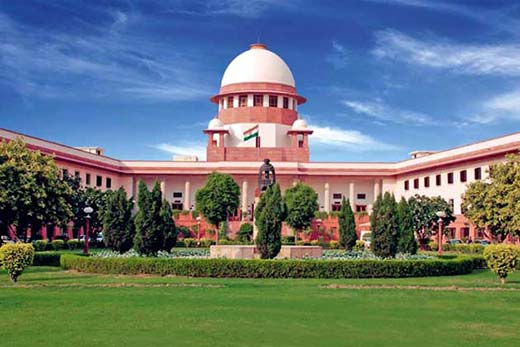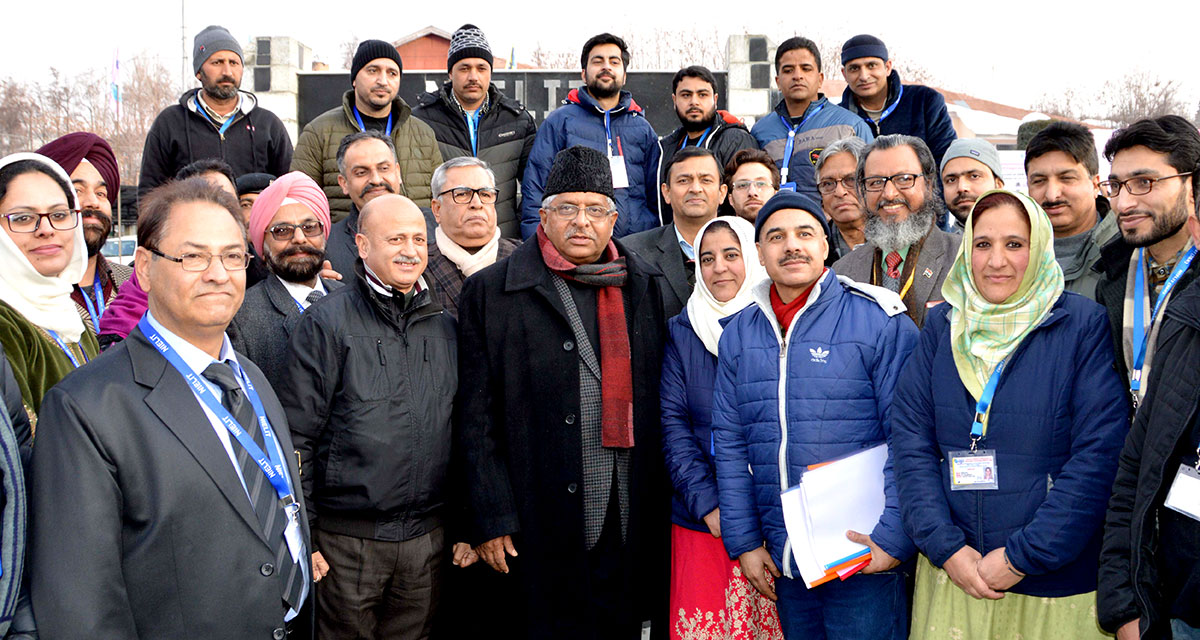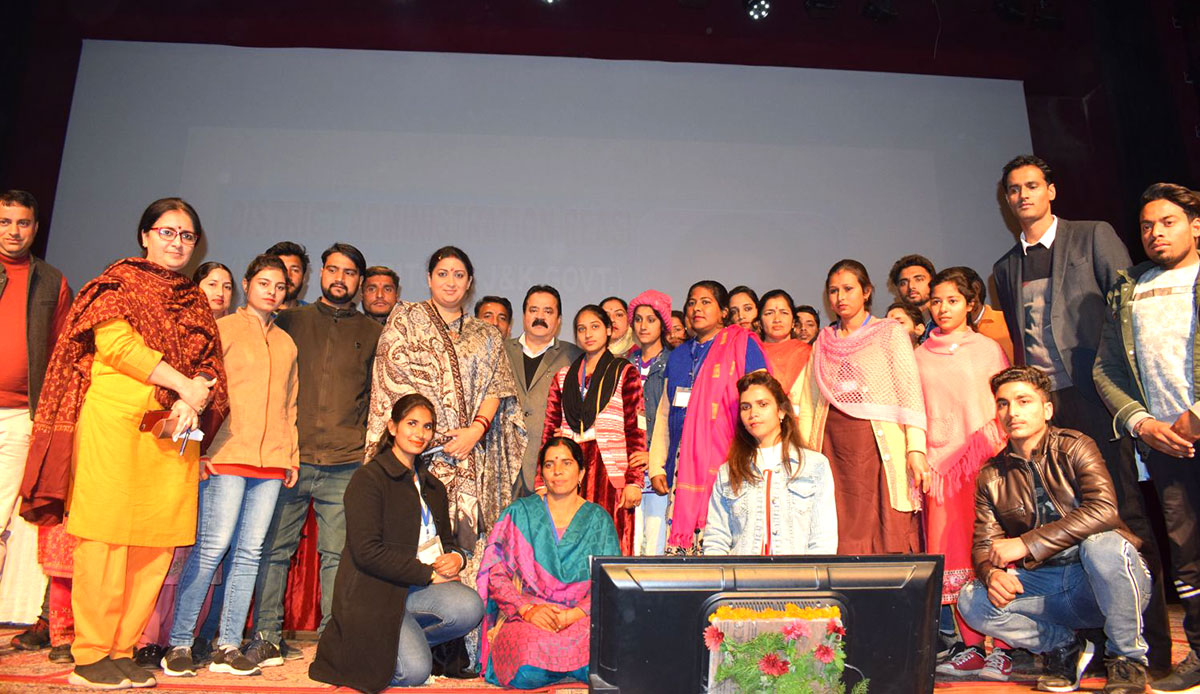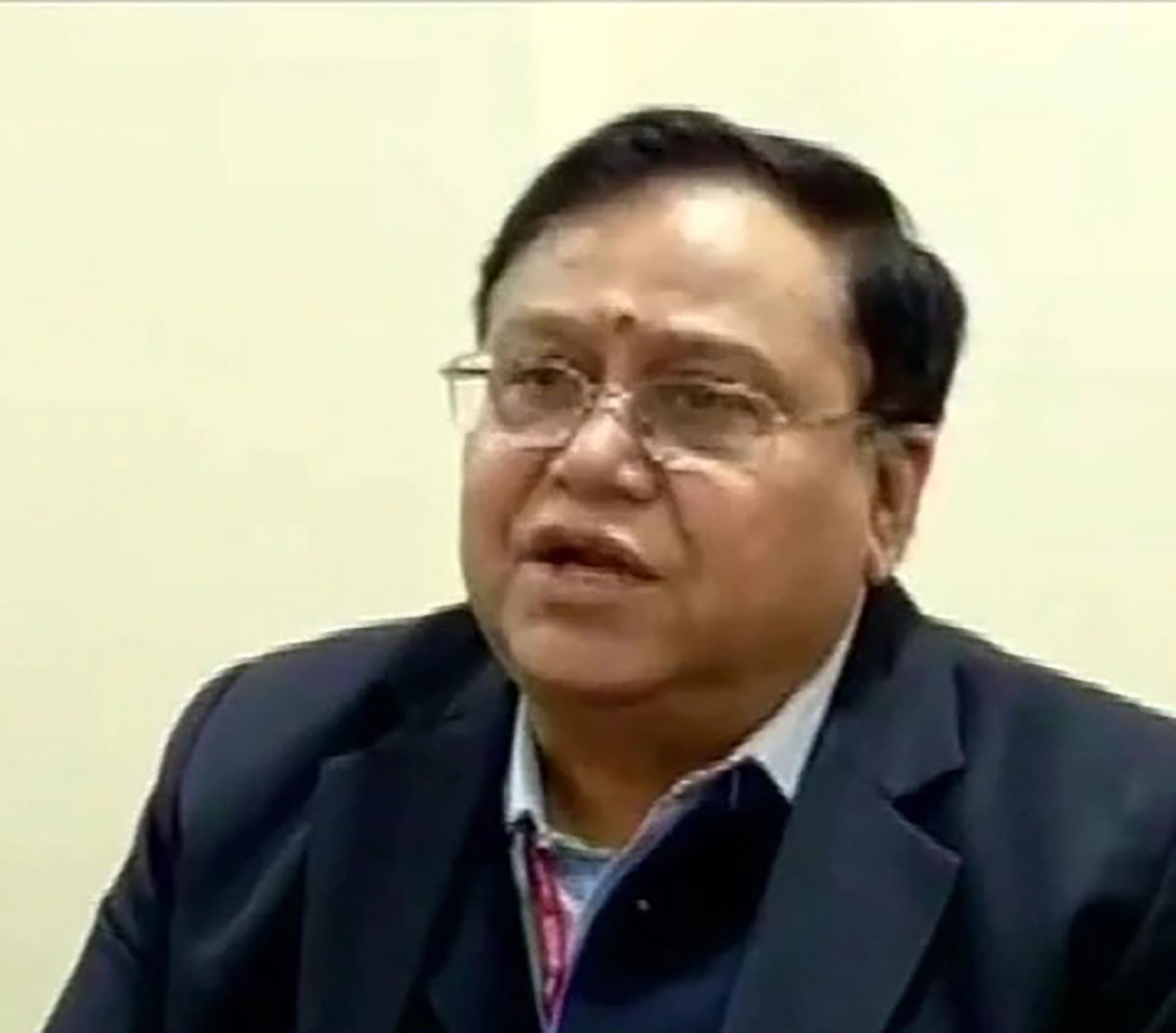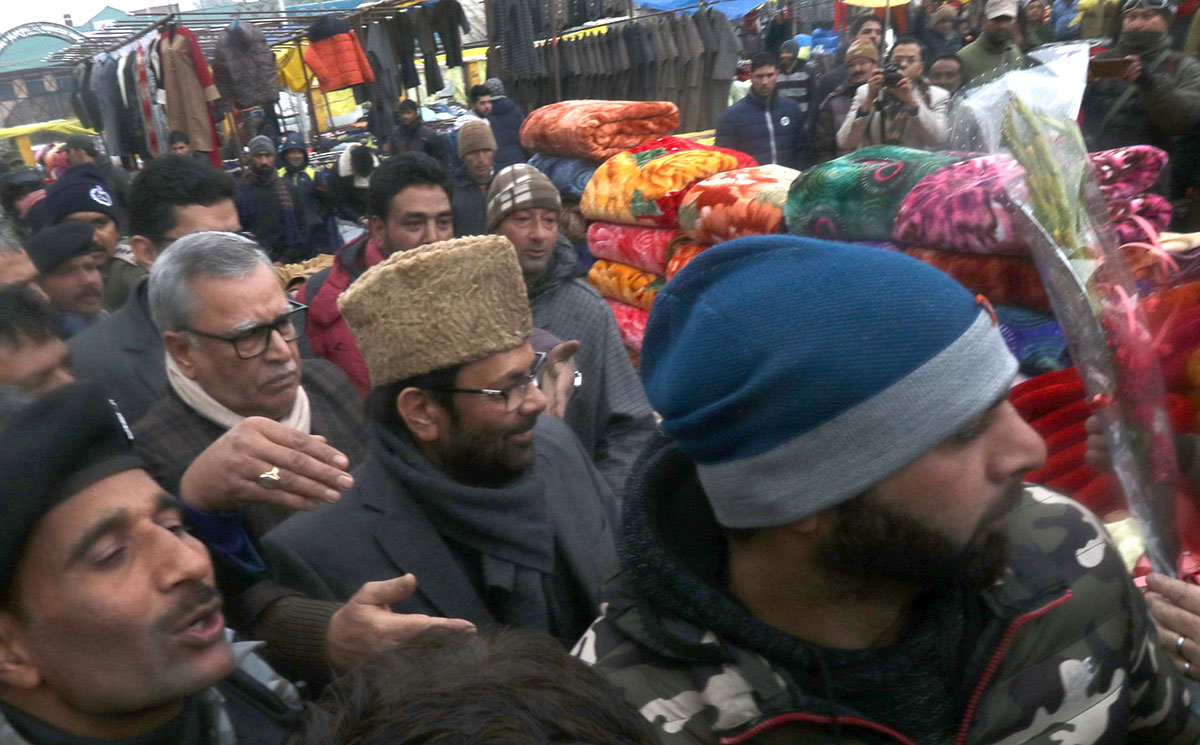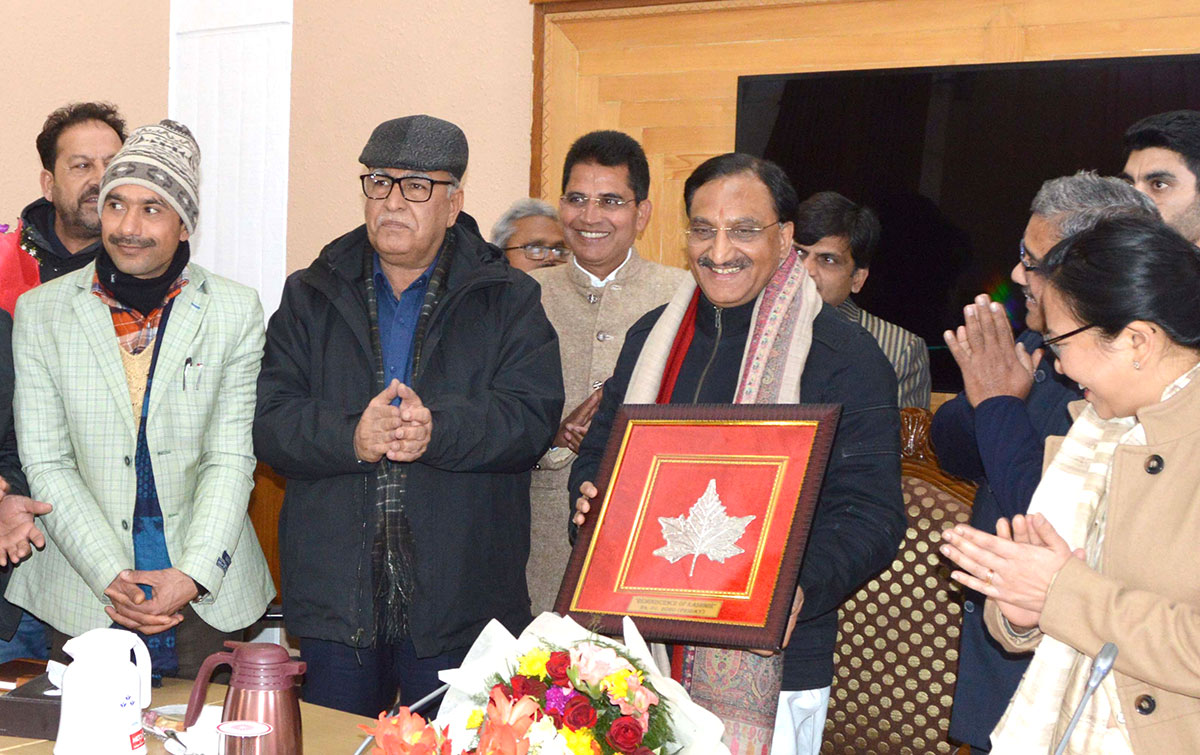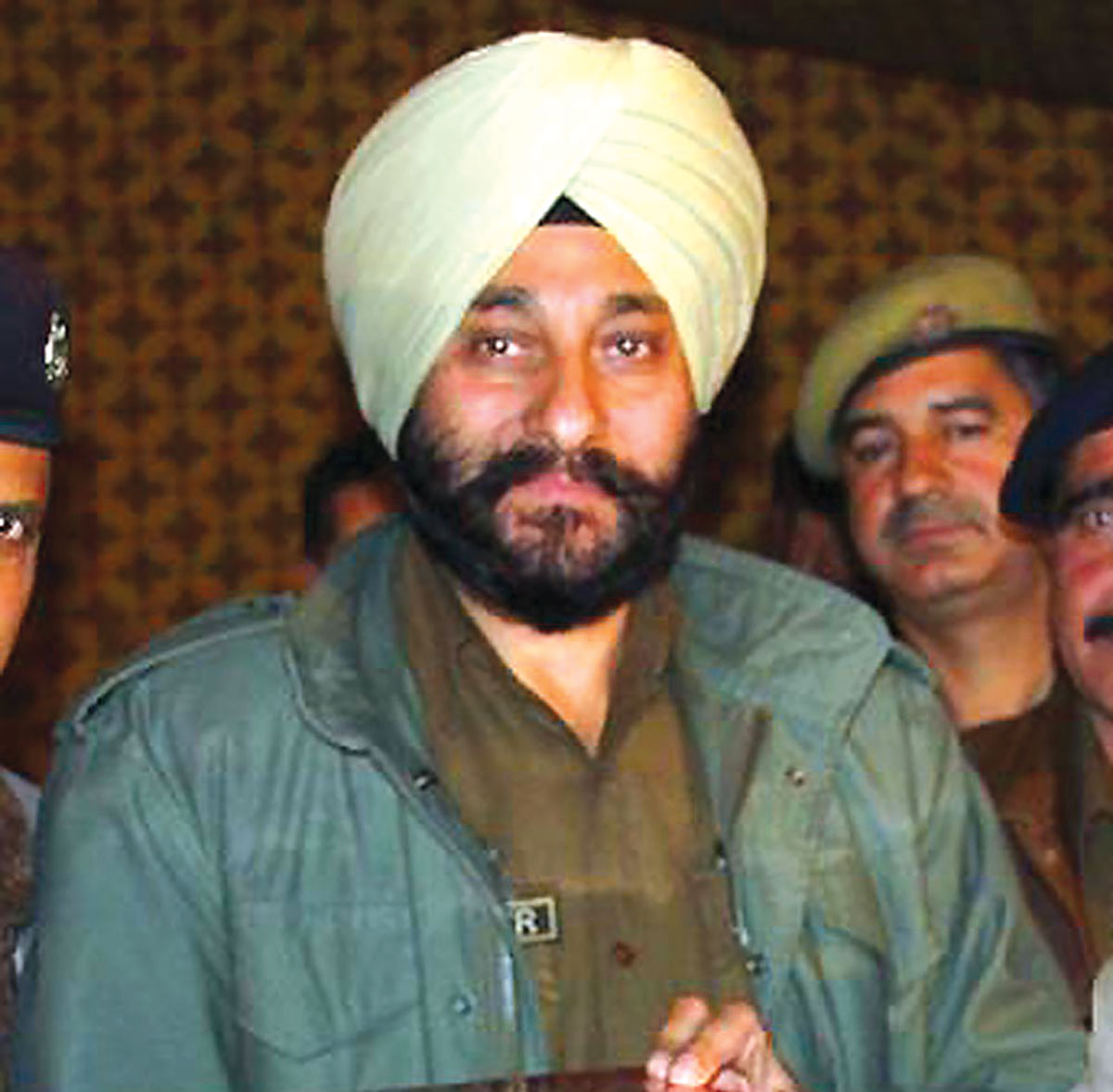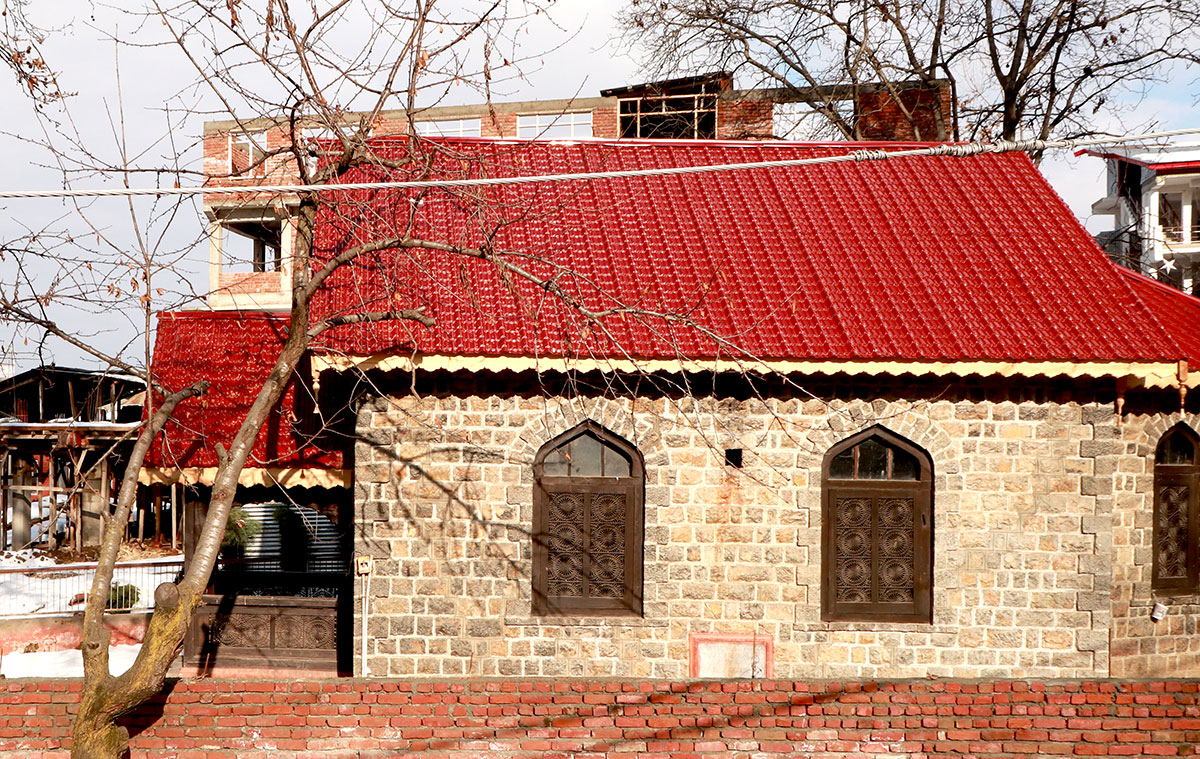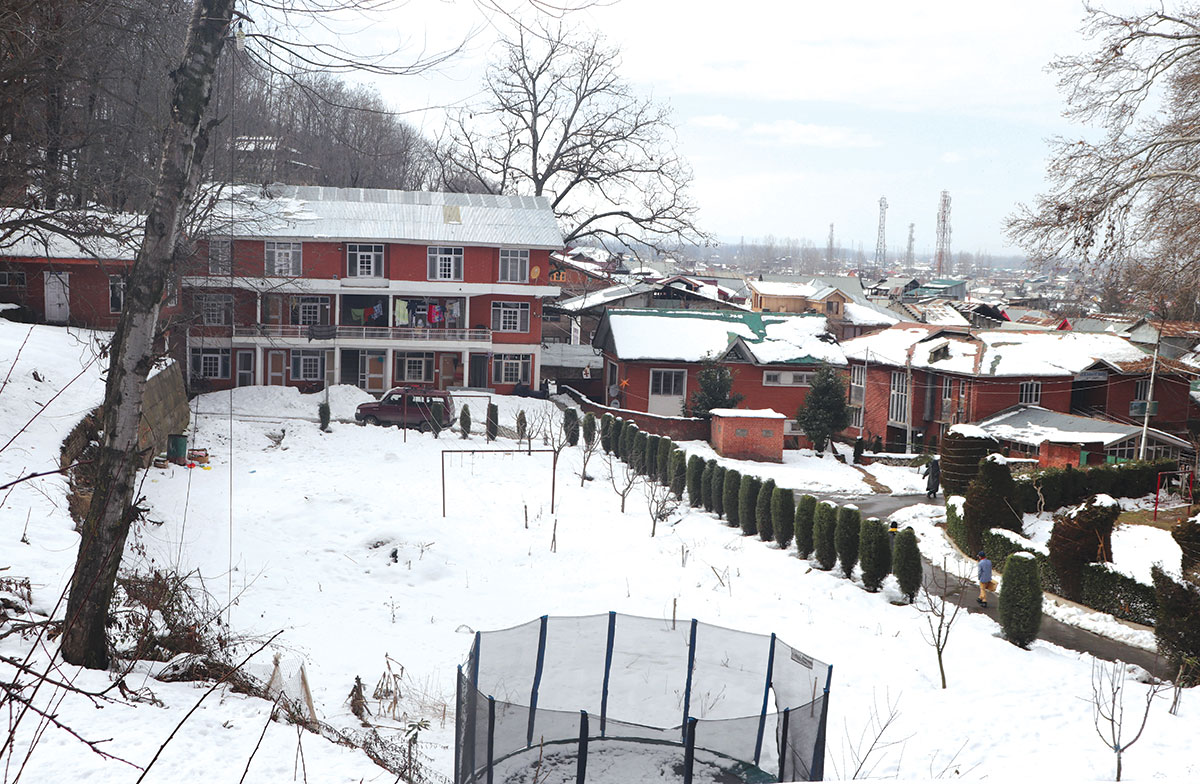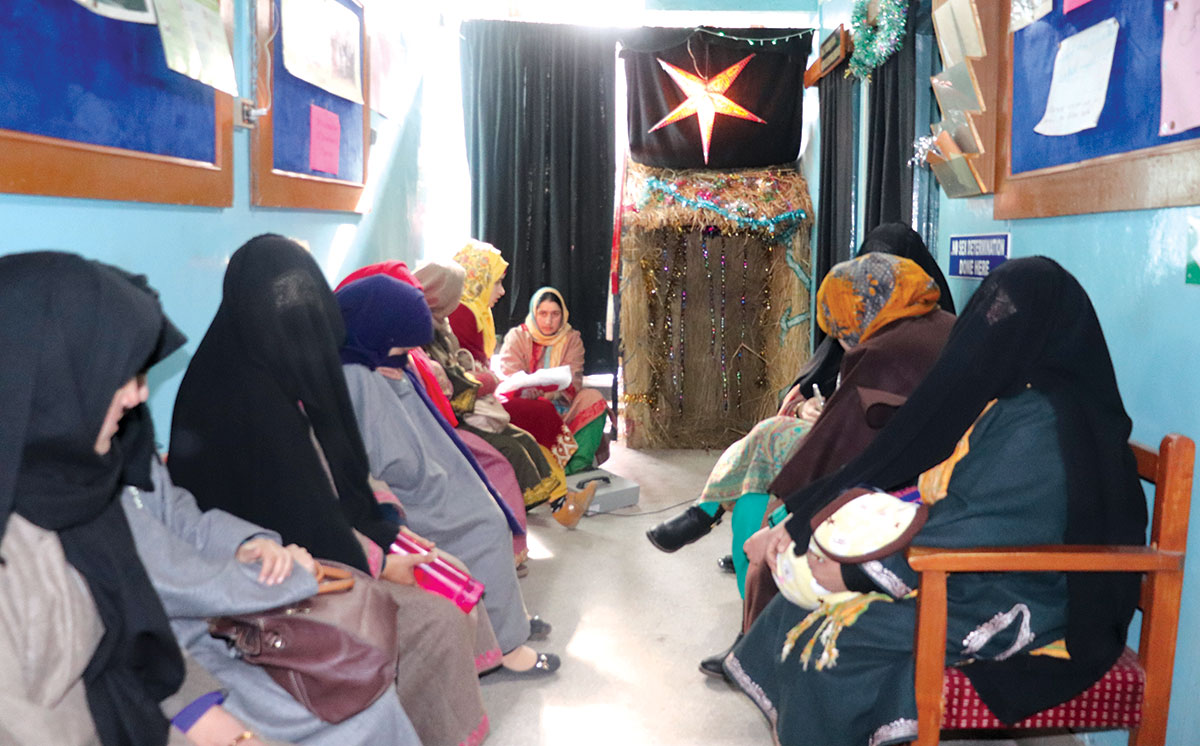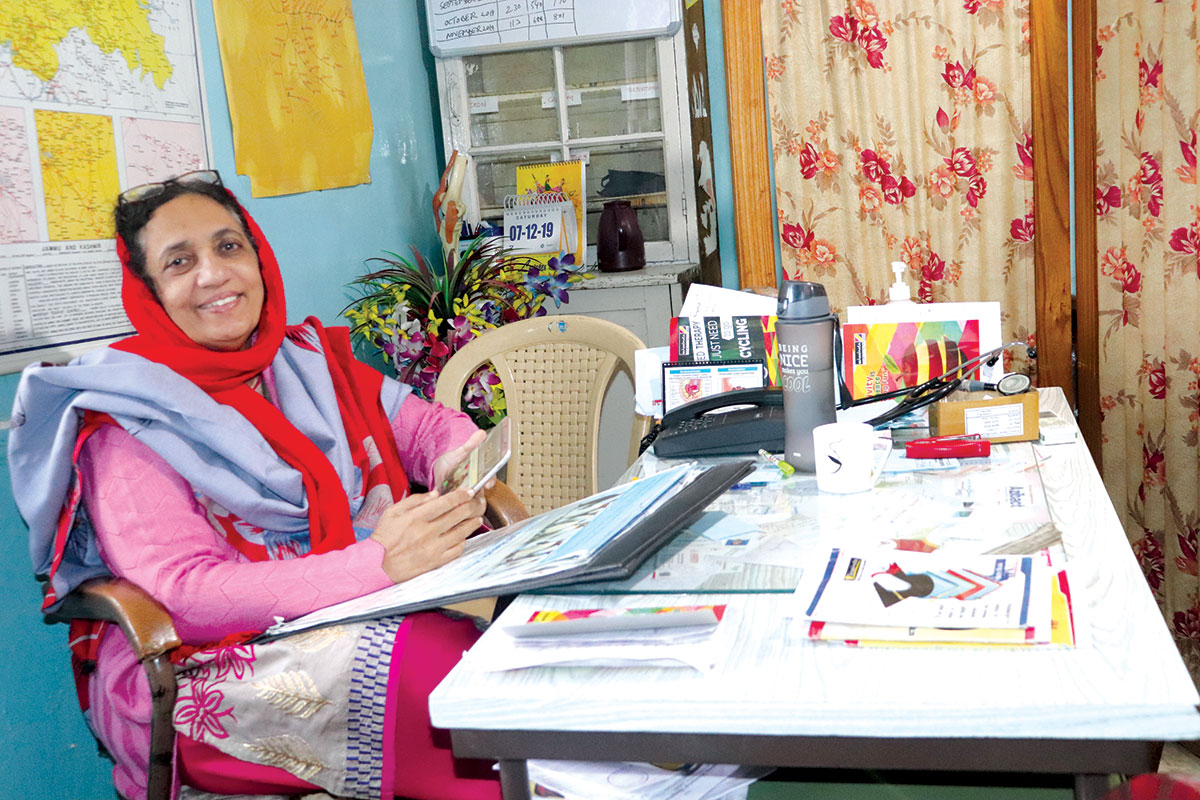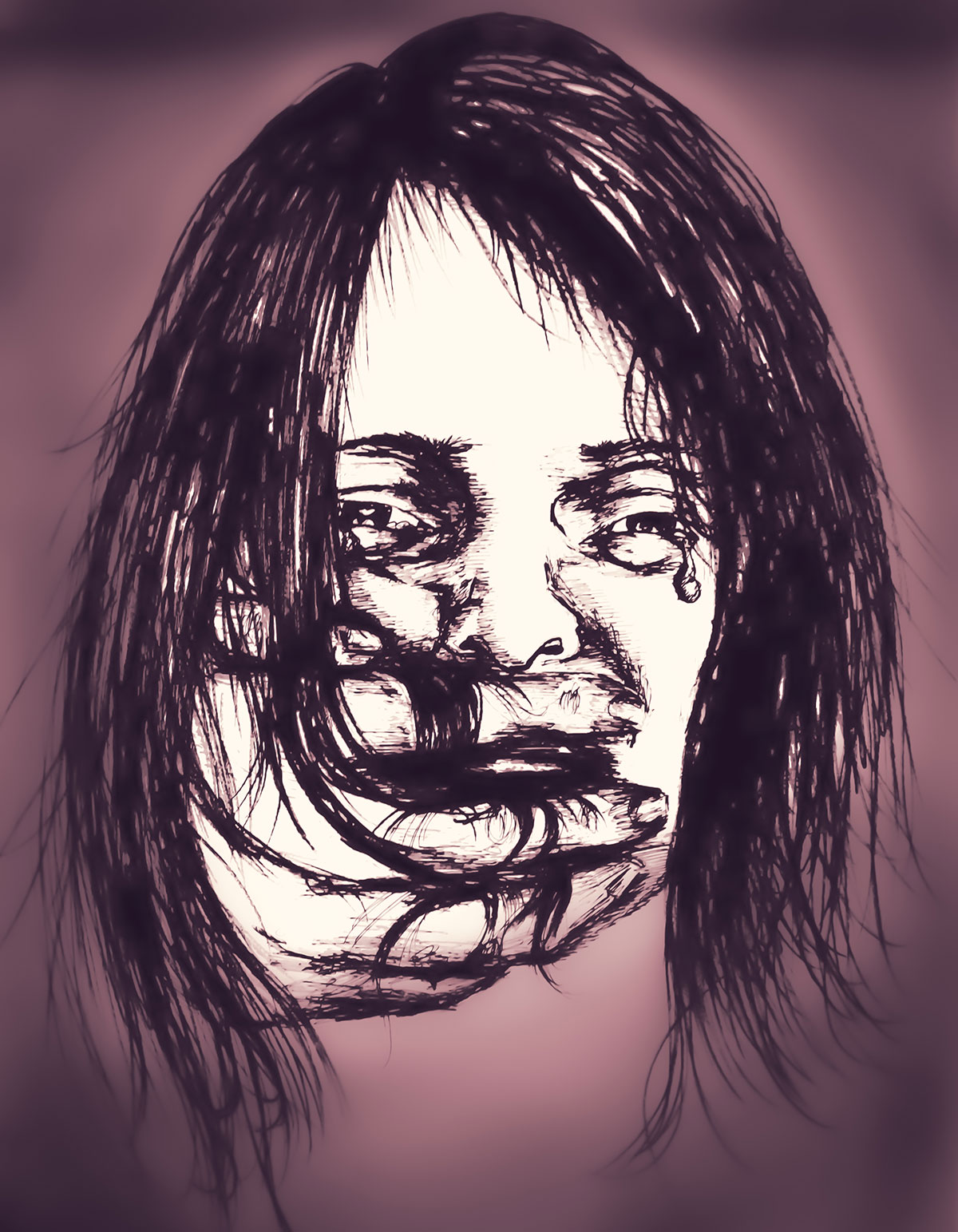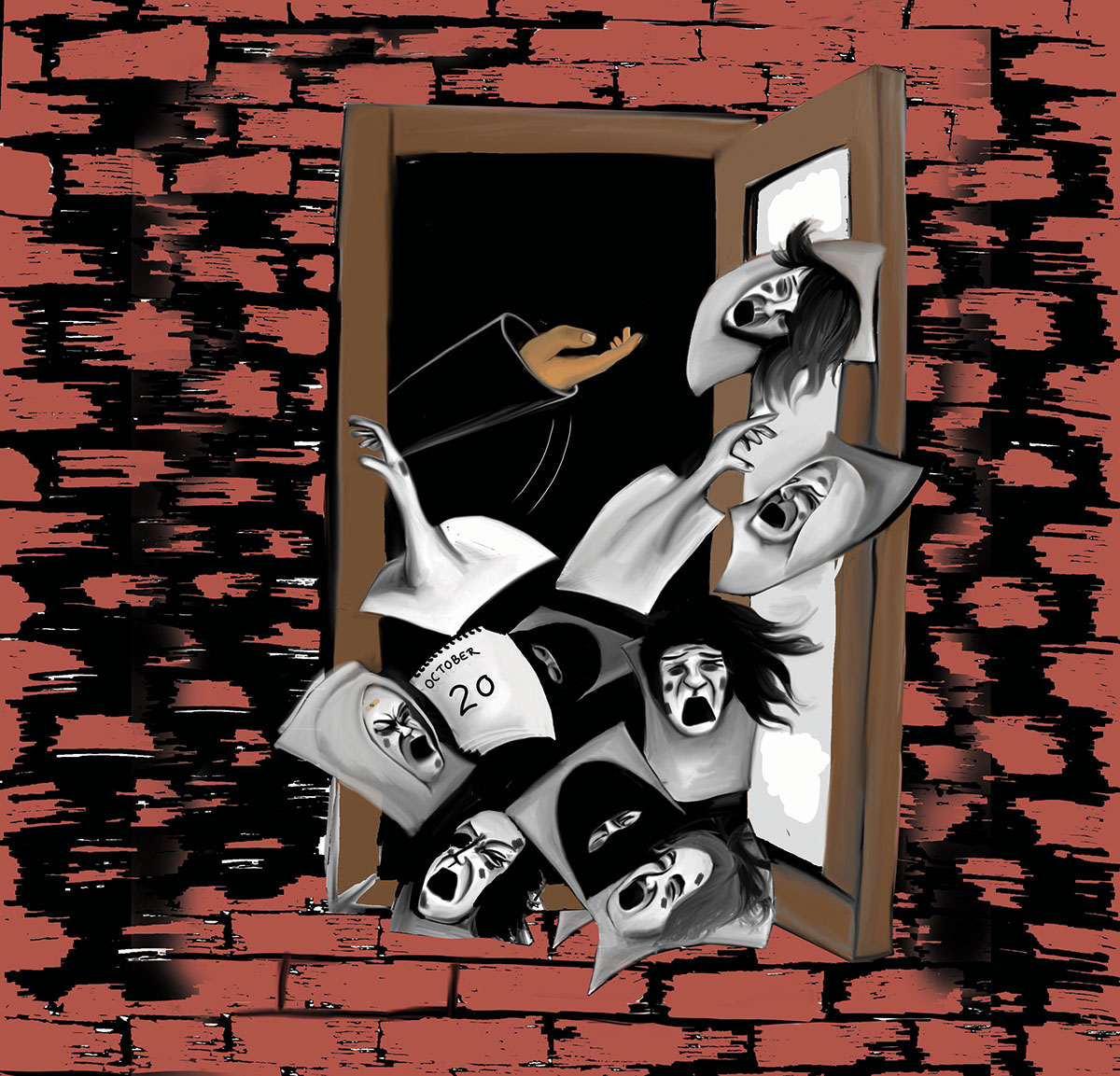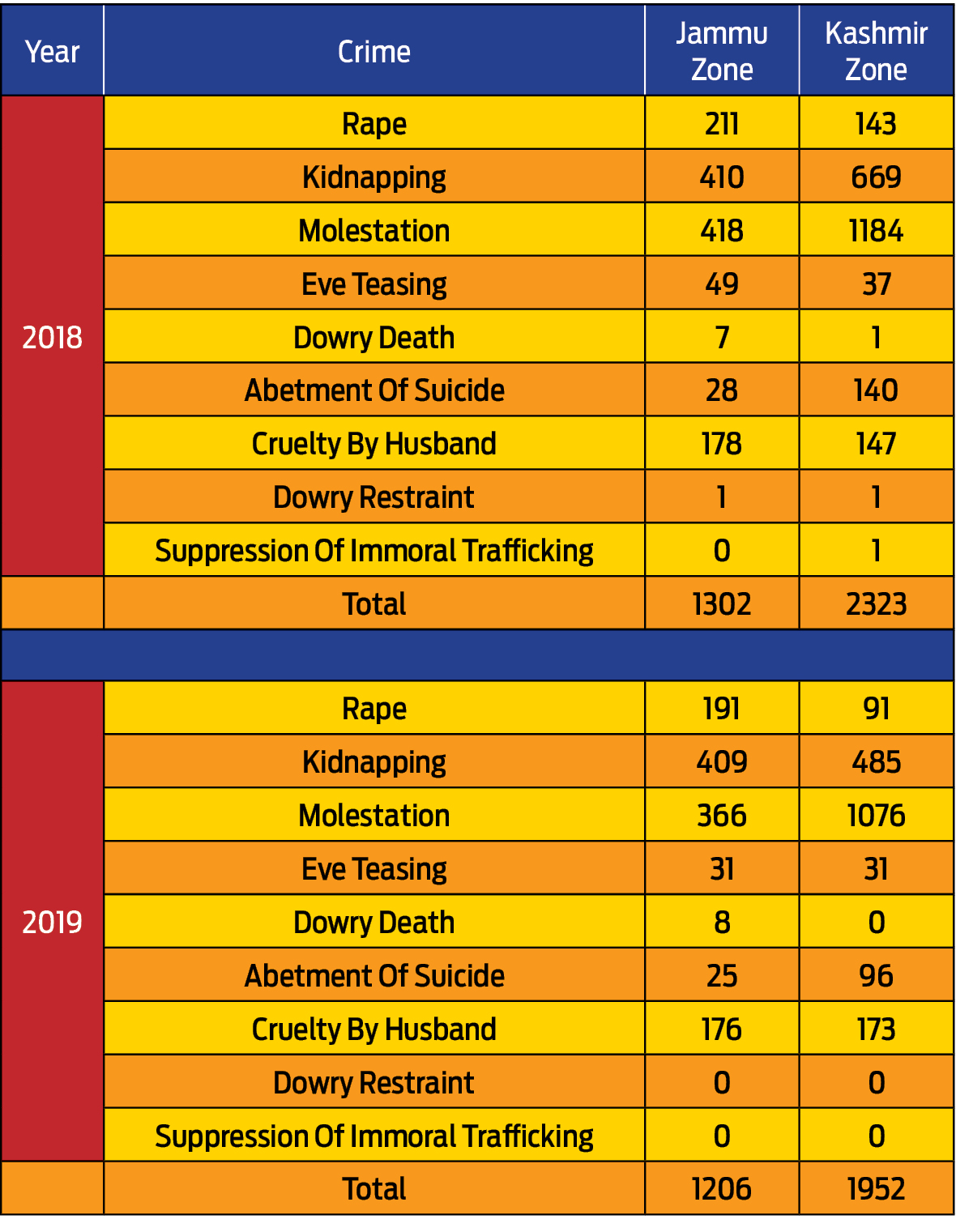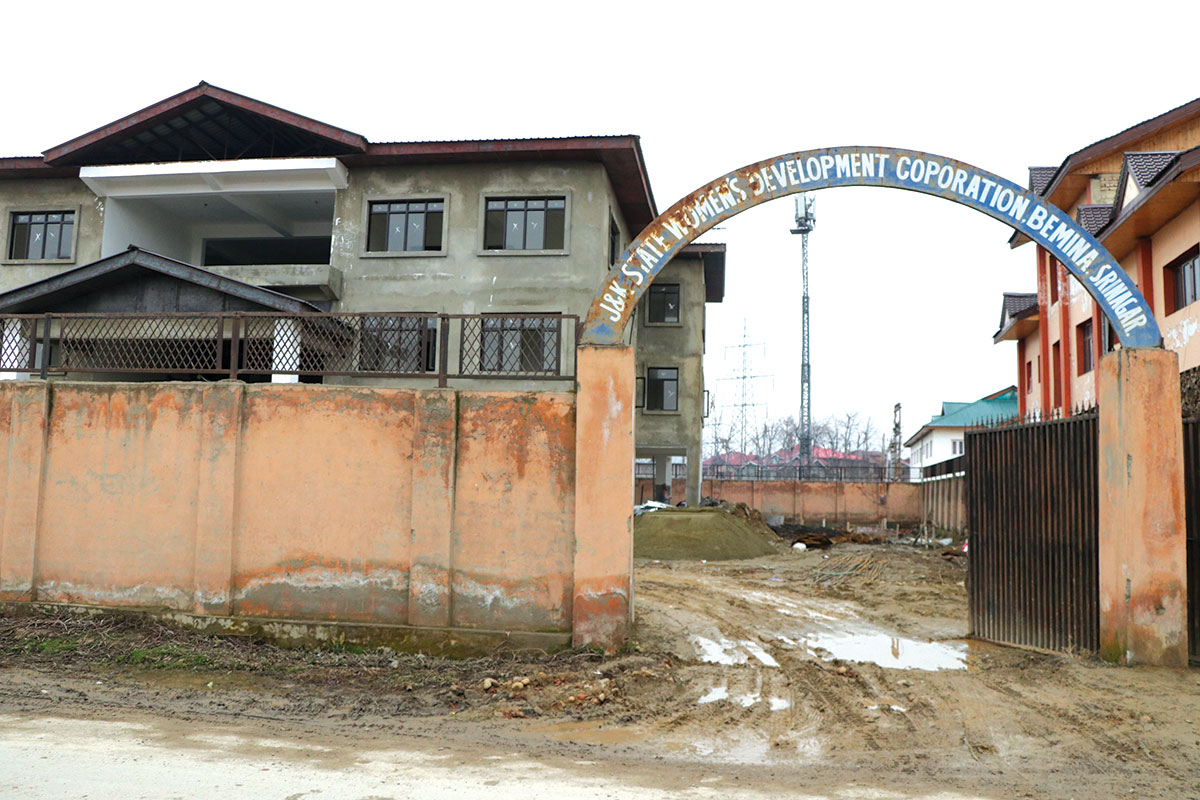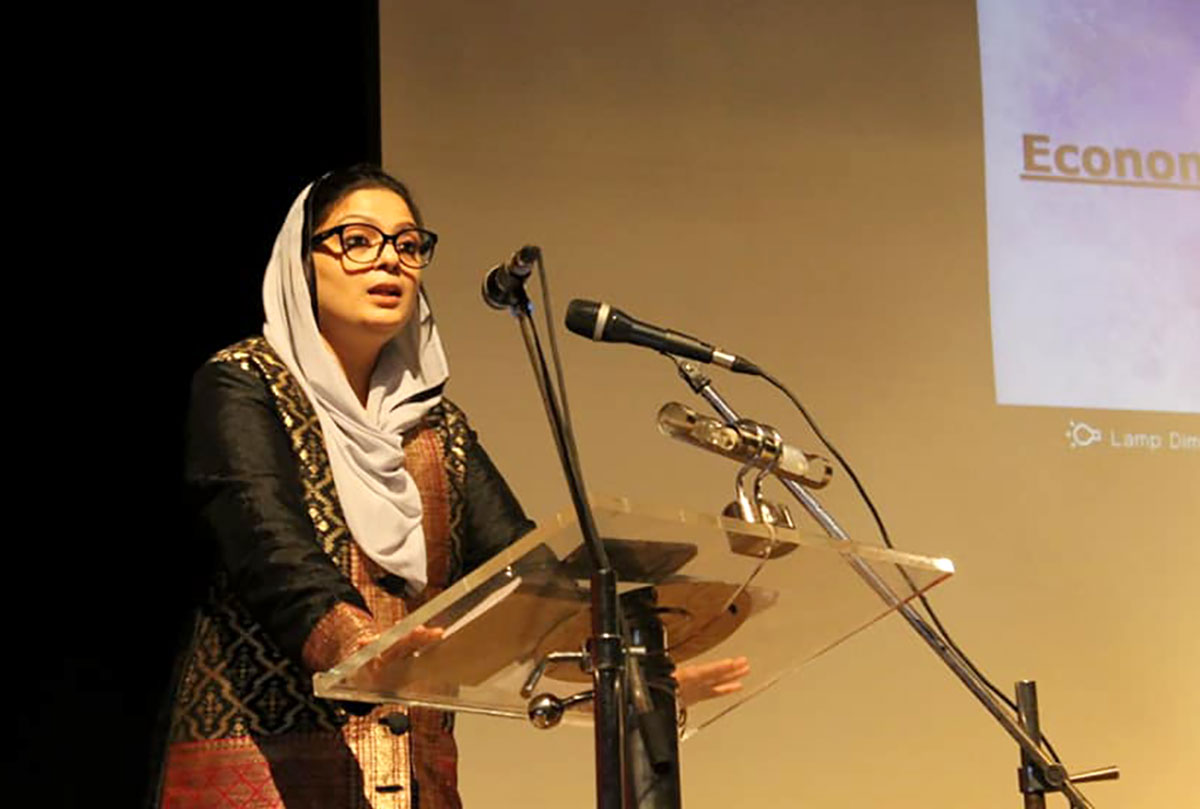BUDGAM
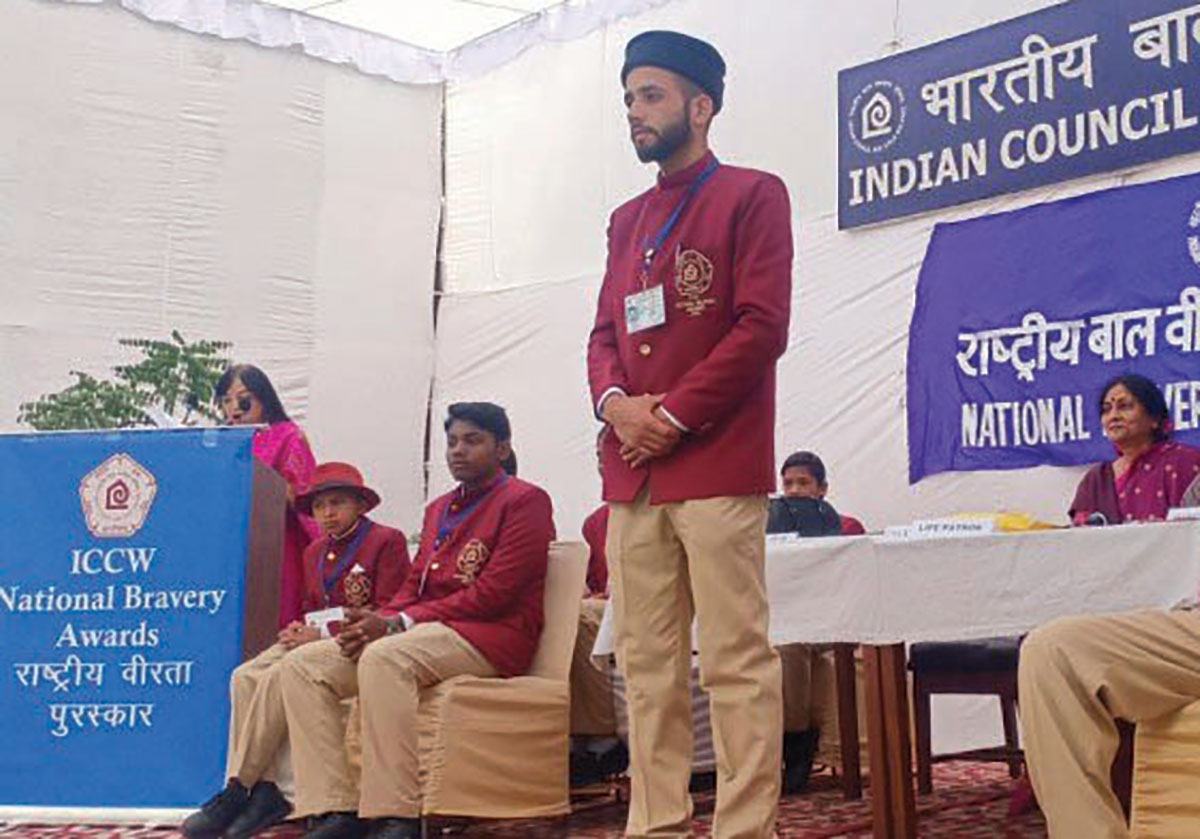
Six IAF personnel were killed when the Mi-17 helicopter was hit by a friendly missile and crashed in Budgam. An enquiry is going on to find the people responsible for the fire. However, a 17-year old Budgam boy, Mudasir Ashraf emerged as the hero of February 26 Balakot airstrikes because he risked his life to get closer to the crashed chopper and attempted saving a fellow civilian Kifayat Hussain, who was burning alive.
Last week, Mudasir was one of the 22 recipients of the National Bravery Award. “When I rushed in, I thought I was helping the pilot because I could see a man trapped under the helicopter debris,” Mudasir was quoted saying. “We started running as we heard two loud sounds of the blast.” He pulled him out but Hussain succumbed to his injuries. He later joined the rescue and helped retrieve the roasted corpses of the IAF personnel. Mudasir is a student of Amar Singh College in Srinagar.
Mudasir is not the only acknowledged brave young man. The other Kashmiri is Sartaj Mohidin Mughal, 16, who exhibited bravery on the evening of October 24, 2019, when Pakistani gunners pounded Chowkibal and Tumina. One shell landed at his Tumina home. He jumped out and then rescued his family – his parents and two sisters, Saniya, 8, and Sadiya, 2, from the house that was burning. He got a serious leg injury in the rescue and once he moved out his family, their home collapsed.
“I was on the first floor of my home in Tumina in October last year, when a shell fired by adversaries hit my house on the first floor and as a result my room was filled with smoke. I immediately jumped from the first floor, and then rushed to the ground floor where my parents and two sisters were,” Mugal said.“I picked my sister Sadia, 8, in my hands and Sania, 13, held my hands, while my parents ran out of the room, before the damaged house collapsed.”
In the crowd of the child hero’s, one is wheelchair bound. Identified as Soumyadip Jana, he is a West Bengal resident but has strong Jammu and Kashmir connection. The 15 year old boy took three bullets on February 10, 2018, when Sunjuwan Military Station in Jammu was attacked. While his father was on duty, he sensed the threat, bolted the door to save his mother, Madhumita, and sister, according to his father Haripad Jana. The attackers could not get in but three bullets were fired from the closed door and all the three hit the young boy, a student of VIII class rendering him paraplegic for his life. He has already undergone three surgeries and is one of the four heroes to be honoured on January 26.
DODA
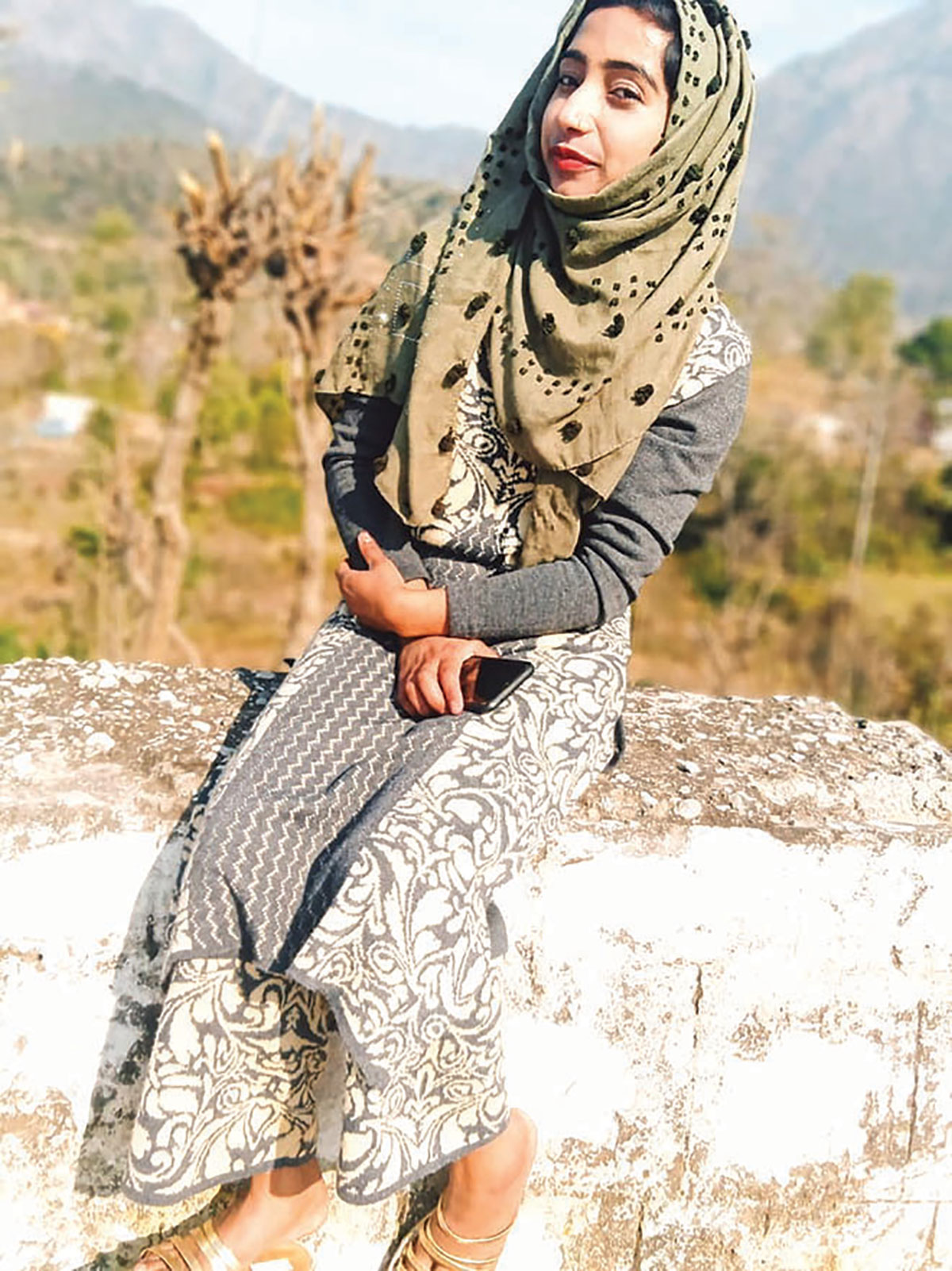 In October 2018, Bhalessa teenage singer Shaista Sabder sung a song in praise of a government scheme and posted it on YouTube. Now it is a sensation: Allah Ki Rehmat Ko Seenay Se Lagana Hai, Kul Hind Ka Naara Hai Beti Ko Bachana Hai. The poetic tribute to the Beti Bachao, Beti Padhao scheme was written by Riaz Mufeed Khan, also a resident of Bhalessa and Shaista lent her voice to it. Shaista has been singing when she was 10. Now she is pursuing her graduation (Semester III) from Government Degree College, Khilotran, Bhalessa. She wants the song to be adopted by the government.
In October 2018, Bhalessa teenage singer Shaista Sabder sung a song in praise of a government scheme and posted it on YouTube. Now it is a sensation: Allah Ki Rehmat Ko Seenay Se Lagana Hai, Kul Hind Ka Naara Hai Beti Ko Bachana Hai. The poetic tribute to the Beti Bachao, Beti Padhao scheme was written by Riaz Mufeed Khan, also a resident of Bhalessa and Shaista lent her voice to it. Shaista has been singing when she was 10. Now she is pursuing her graduation (Semester III) from Government Degree College, Khilotran, Bhalessa. She wants the song to be adopted by the government.
Since 2015, Jammu and Kashmir has only spent 37% of Rs 80,068 crore economic package announced by the Prime Minister Narendra Modi
JAMMU

After taking over as the new Army Chief on the yearend, Gen Manoj Mukund Naravane flew on his maiden visit to Jammu and Kashmir. From the Northern Command Headquarters, the General made a speech, which was broadcasted to the two corps stationed at Nagrota and Srinagar. Besides, he visited the forward areas in the Rajouri belt and had a meeting with the Lt Gov GC Murmu before taking off for Delhi. He already had visited the Siachen Glacier on January 9.
SAMBA
A BSF jawan, who is an expert explosives handler, was arrested for allegedly delivering a parcel to his officer. Identified as Samarpal, a resident of Kolkata, he was detained from his Hubli residence on January 10. Samba police said he was arrested for questioning. On January 5, a parcel carrying an improvised explosive device (IED) was delivered to the 173rd battalion headquarters of the Border Security Force (BSF) in Samba.
It was addressed to the second-in-command Gurvinder Singh, who got suspicious about it and informed the bomb disposal squad. Immediately a case was registered under the Explosive Substances Act and an investigation led to Samarpal’s arrest. Reports said he wanted to take revenge from his assistant commandant over some issue and had left the bomb at the garrison gate before leaving for home.
UDHAMPUR
It is a mysterious disease. The kids get minor fever, then vomiting starts and they die. Doctors in Ramnagar belt are baffled about which disease it is. So far eight deaths have taken place. Chief Medical Officer (CMO) Udhampur, Dr K C Dogra said six ailing children are undergoing treatment at SMGS Hospital Jammu, PGI Chandigarh and Ludhiana. All the dead children and those fighting for life are below the age of four years.
CHENNAI
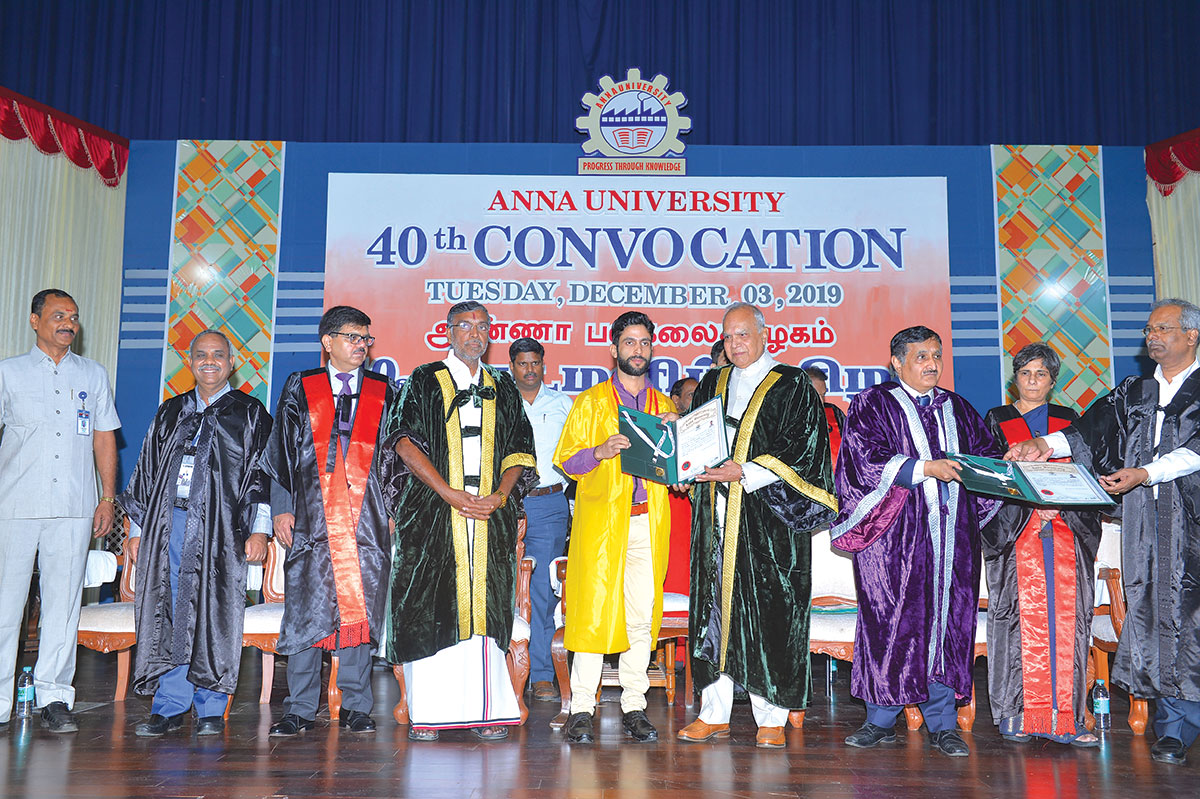
A former ALOHA student in Srinagar has got a golden medal for topping the ranks in ANNA University. Tamil Nadu Governor did the honours at the university convocation, last week. Mustafa Ali Rather, a resident of Hardusorish in Budgam is pursuing his masters in aerospace after topping GATE 2019. He has studied in a state run local school and has been the ALOHA student as well.
SOGAM
Usually one member of the family gets astray. In a recent case, police found an entire family on the wrong side of the law and arrested them. During routine searches on the highway, the Manwal and Jhajjar Kotli Police arrested four individuals with 29 kgs of cannabis. These included three members of a family. They were in a car. They were identified as Firdous Ahmed, the car driver from Sopore; Rafiq Ahmed, his father Ali Mohammad Khan, and his mother Sahiba Noori – all residents of Dever Inderbug Kakad village in Sogam. They were taking the “crop” for sale to Punjab.
MUMBAI
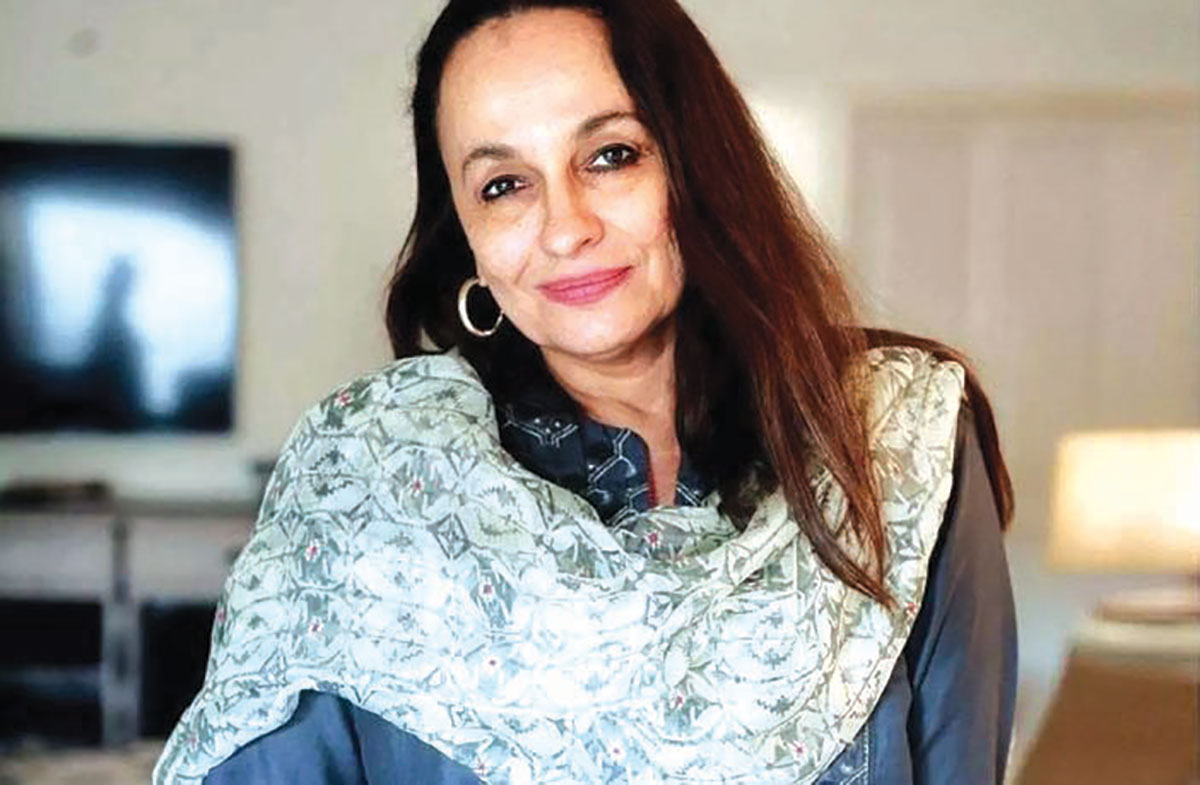
Ahead of his seventh anniversary, veteran actor Soni Razdan stepped into a controversy with a tweet seeking a probe into Afzal Guru’s hanging. She said he was used as a scapegoat. The Raazi actor shared a link to a news story detailing Guru’s letter to his lawyer in early 2000 indicating that Devinder Singh, now in custody for ferrying most wanted militants to Jammu, was involved in the conspiracy to attack the Parliament. Terming the hanging as “travesty of justice”, the actor wrote: “Who is going to bring back a man from the dead if he is innocent. This is why the death penalty is not to be used lightly. And this is why there also needs to be a solid inquiry into why Afzal Guru was made the scapegoat”.
KOLKOTA
India has dropped 10 places in global democracy rankings, in a year that saw the world’s biggest elections in the country, The Telegraph reported. The index drawn by the Economist Intelligence Unit, the research and analysis division of The Economist shows India’s score has fallen by seven since 2006, when the index was launched. “The difference now is that India has slipped to the below-seven category from above seven,” the newspaper reported. “India now figures among the 11 countries which saw regressions in 2019.” These are Belarus, Benin, Bolivia, Cameroon, Comoros, Egypt, Guyana, Singapore, Mali and Zambia.
“The biggest democracy in the world, India, dropped ten places in the Democracy Index’s global ranking to 51st place. India’s overall score fell from 7.23 in 2018 to 6.90 in 2019. The primary cause of the democratic regression was an erosion of civil liberties in the country,” the report noted. “India’s previous score — 7.23 in 2017 and 2018 — was, as it is, the lowest since 2006. The highest was 7.92, in 2014.” The factors considered while working out the score include the electoral process and pluralism, functioning of the government, political participation, political culture and civil liberties.
MUMBAI
Two filmmakers involved in films about migrant Kashmir Pandits have picked up a battle. It is Vinod Chopra versus Vivek Agnihotri. Chopra’s film Shikara is ready for the release early February and Agnihotri is still shooting for his Kashmir Files.
Chopra was quoted saying: “Its like 2 friends meeting together after 30 yrs, who want to forget & move on!” It indicated that Kashmiri Pandits should forgive the local Muslim population of Jammu & Kashmir for “driving them out of their homes in 1990”, as one news report put it.
Taking a dig on Chopra, Vivek was quoted saying: “Vinod Chopra has made a love story. When you make a love story about genocide you are bound to be talking the language of the pacifist. That’s his expertise…”. He added: “The genocide and ethnic cleansing of Kashmiri Hindus can never be forgotten by them. It’s one of the biggest human tragedies in the world. This tragedy cannot be compared to a fight between two friends. This shows the immaturity of a filmmaker while addressing such an important issue. We are hurt and the pain of being rootless still continues. I can understand the pressures of pseudo-liberals around him. The truth cannot be hidden.”
DAVOS
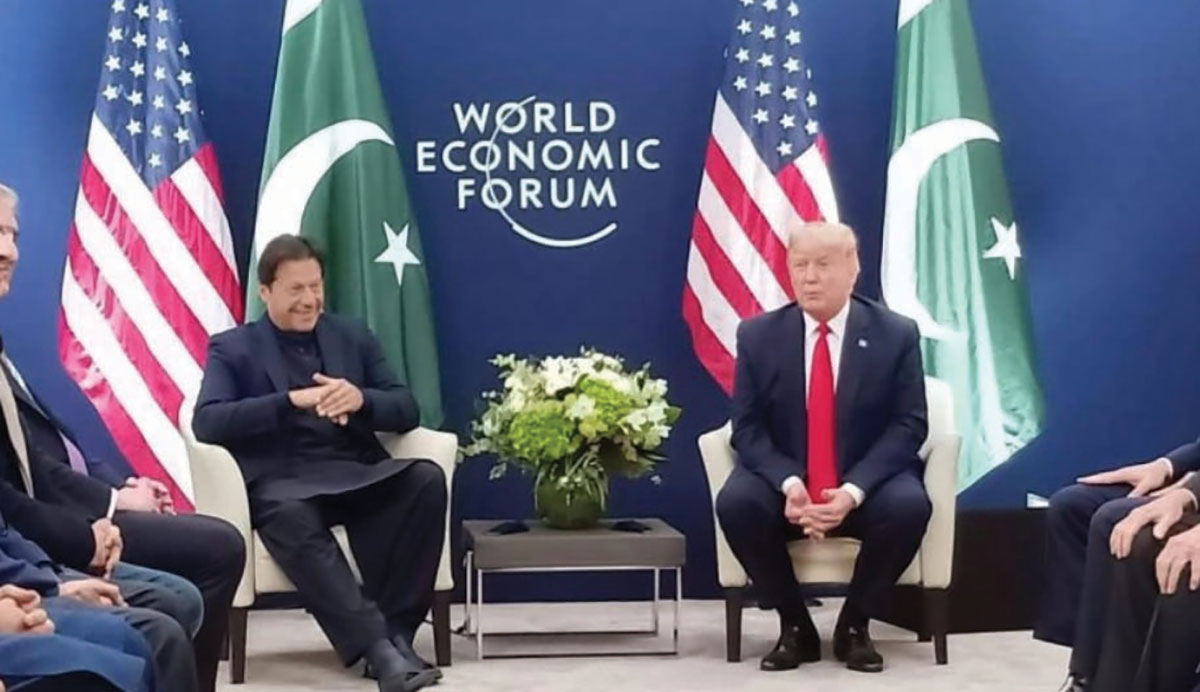
Ahead of President Donald Trump’s maiden India visit later next month, Kashmir is again in news. After his meeting with Pakistani Prime Minister on the sidelines of the 2020 World Economic Forum, Trump said the US is watching the developments between India and Pakistan over Kashmir “very closely” and repeated his offer to “help” resolve the longstanding dispute between the nuclear armed neighbours. He said he told Khan he will talk to Narendra Modi on Kashmir.
“What is going on between Pakistan and India … if we can help, we certainly will be willing to,” Trump told media after his meeting with Khan. “We have been watching it very closely and it is an honour to be here with my friend.”
“The Pakistan-India conflict is a very big issue for us in Pakistan and we expect the US to always play its part in de-escalating the tensions, because no other country can,” Khan said. “There are issues we want to talk about. The main issue is Afghanistan because it concerns the US and Pakistan. Fortunately, we are on the same page. Both of us are interested in peace there and an orderly transition in Afghanistan with talks with Taliban and the government.”
On India, Khan said that “it was a big issue for us in Pakistan. “We always hope that the US will play its part, because no other country can,” Khan said, to which Trump responded, “Right”. Trump added that United States has “never been closer with Pakistan than we are right now”.
The interaction, third in a row since Khan took over in Islamabad, came weeks ahead of a Howdy Modi style function being planned for visiting Trump in Ahmadabad. Americans of Gujarati origin are planning the Howdy Trump show. Trump and Modi are expected to sign a short-term trade deal that could grant the US companies more access to Indian markets and restore India trade benefits withdrawn last summer. They will also discuss a longer-term trade pact that could include a Free Trade Agreement, The Hindustan Times reported.
“There is no role for any third party in the Kashmir issue,” MEA Spokesperson Raveesh Kumar said when asked about Trump’s offer.“Our position has been clear and consistent on Kashmir… It is a bilateral issue between India and Pakistan.”
Delhi, meanwhile, is happy that its punitive trade relations are supplementing the foreign policy. Last week, when Malaysian Prime Minister Mahathir Mohamad was asked about a halt in palm oil exports to India, he admitted: “We are too small to take retaliatory action. We have to find ways and means to overcome that.” India is world’s largest edible oil buyer.
Now, international trade will supplement the foreign policy on Kashmir. The Tribune reported that India is “dangling the trade carrot” to the European Union in order “to mute its criticism on human rights over the Citizenship (Amendment) Act and the Kashmir lockdown”. The EU is India’s largest trading partner with combined trade of $115 billion, about $20 billion more than India’s trade with China. But India enjoys a trade surplus on the strength of $60-70 billion worth of trade in services.
External Affairs Minister S Jaishankar has acknowledged that India’s relationship with Europe has “under-performed” mainly because “we aren’t having the kind of strategic conversation with Europe on a sub-group basis”.
from Kashmir Life https://ift.tt/2t6jL1p
via IFTTThttps://kashmirlife.net
